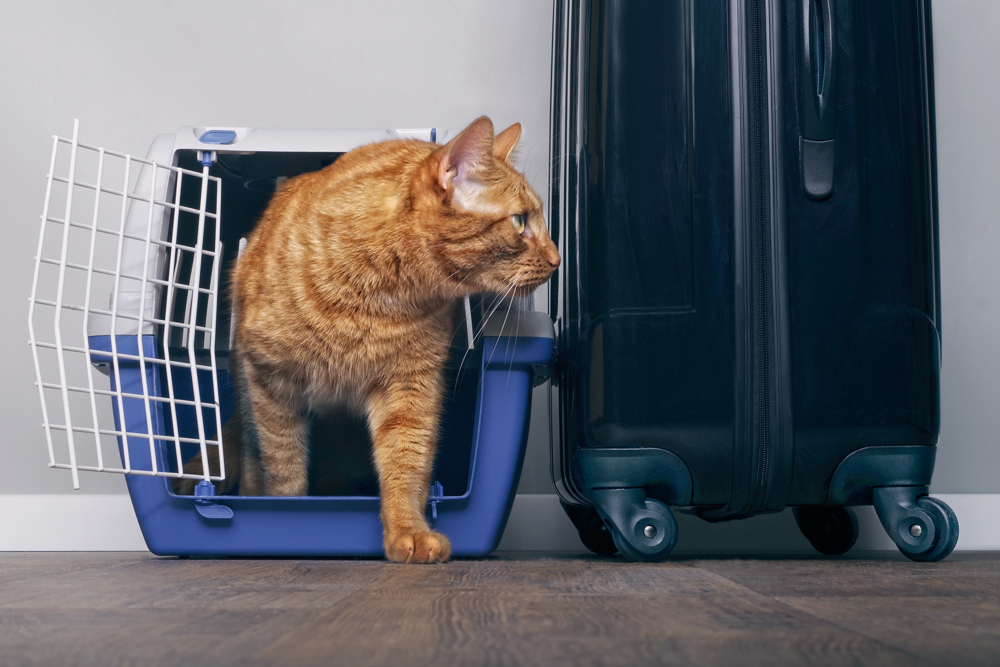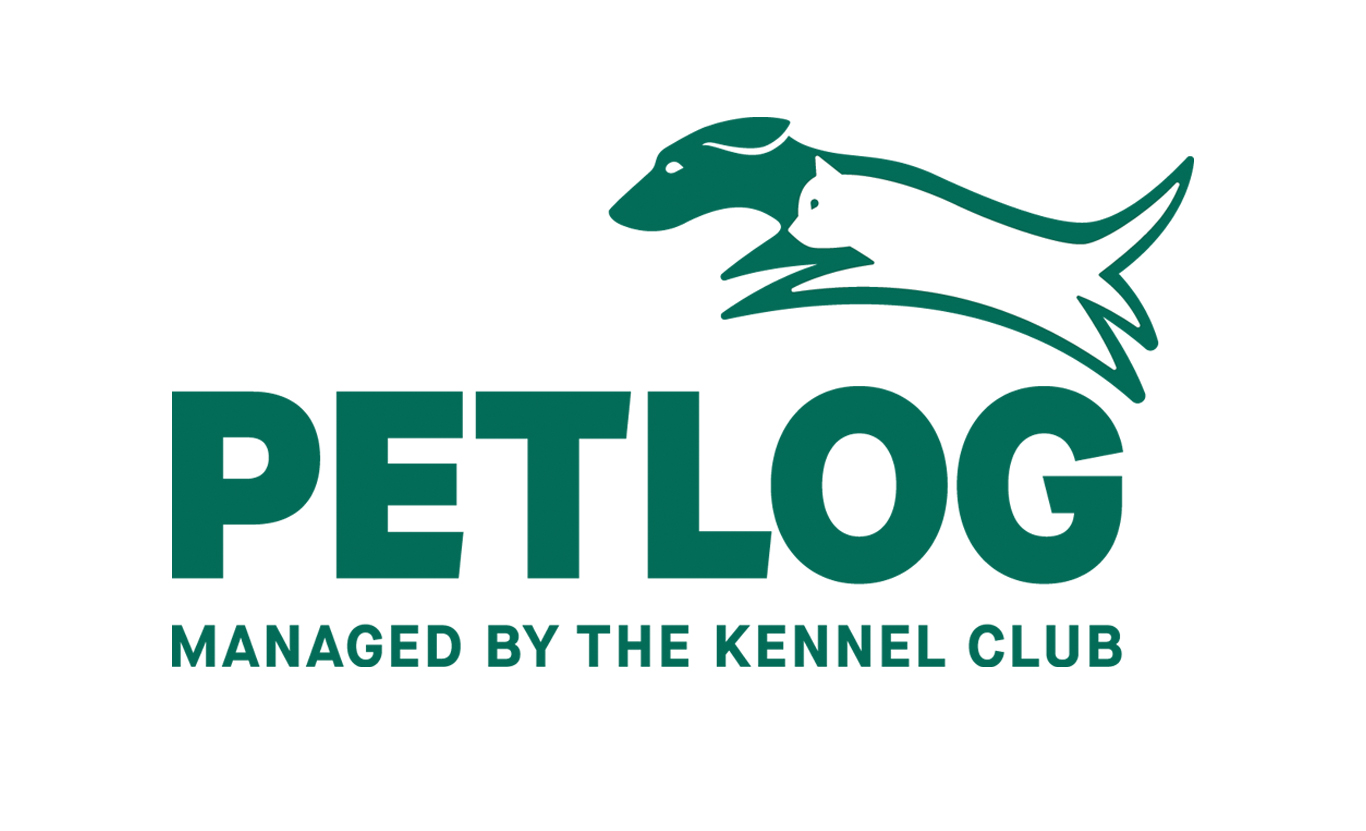
There is a lot to consider when going on holiday with your pet to ensure you both have a safe and enjoyable stay. As lockdown restrictions ease across the UK and staycations become increasingly popular, we anticipate more pet owners will choose to go away with their pets. Since Brexit and the Covid-19 pandemic, there are also new guidelines to remember and things to factor into your travel plans when taking your pet overseas.
Whether you have a horse, dog, cat, or ferret, we have compiled some top tips to help you prepare for a trip away at pet friendly accommodation.
Choosing your accommodation
- Research if the holiday destination is easy to get to. Consider the journey time and what mode of transport you will use to reach the accommodation. Will it be possible to take your pet on public transport and will they be comfortable? Find out more about navigating public transport with your dog when travelling by ferry, train, coach/bus or taxi on The Kennel Club website
- Check that the accommodation welcomes pets and, if so, what animals are allowed. Some holiday destinations will only let certain animals visit and there may be restrictions on how many pets can stay per person or per room. There may also be an additional charge when staying with a pet – you can enquire about this before your stay. Search the accommodation website and reviews online to check their policy before booking your trip and always let the host know that you’re bringing a pet before your arrival. If you’re going away with your horse, check whether there is livery and/or stables available to rent. If you’re taking your dog on holiday, why not look at dog friendly accommodation in the UK
- Consider if the holiday location is suitable for your pet. Some destinations, including city breaks, are more crowded and so it’s important to consider if your pet will be comfortable in a busy environment
- Make sure there are pet friendly restaurants, pubs and cafes in the area surrounding your accommodation so your pet is not left alone in the room for long periods of time. It’s a good idea to check pet policies before booking your trip because tourist attractions may not welcome pets and some public spaces only allow animals entry for certain times of the day or months of the year. Take a look at dog friendly places to visit and eat, and the National Trust's suggestions for the best dog friendly walking spots in the UK to get some ideas on where to enjoy a day out with your pet when on holiday. When going away with your horse, check that local trails and beaches allow horse riding
Ensuring your pet is safe to travel
- Research nearby veterinary hospitals so you can contact an on-call vet in the event of an emergency
- Look into charities and local services near your accommodation that can help find lost pets so you can contact them and spread the message should your pet go missing. Find out more via our lost and found page
- Ensure your pet has an up to date microchip by asking your vet or an authorised agent to scan them before travelling. Always check this number matches your documentation to make reunification easier should your pet go missing. It is a legal requirement that your dog is microchipped and recorded in the current keeper's contact details on a government-compliant database. Petlog Premium allows you to update your records as many times as is needed throughout the lifetime of your pet for a one off fee of £19.95
- Check any insurance documents to make sure your pet is covered. If you have a dog that is not yet insured, take a look at The Kennel Club Pet Insurance before you travel
- Research if your pet requires any vaccinations or medical treatment before you go away
- Consider if your pet needs a pet passport to travel to your holiday destination
Find out more about microchipping for pet travel when going abroad and new guidelines surrounding travel between Great Britain, Northern Ireland and the European Union.
Packing for your pet
Read our advice on items to pack for your pet and help keep them safe, healthy, and happy during your time away from home.
- Lead, collar and ID tag
- Tack (for horses)
- Food/treats
- Food bowl
- Water bowl or drinker bottle
- Water (for the journey)
- Toys
- Brushes
- Poo bags
- Extra towels and blankets
- Bedding
- Crate (particularly for ferrets or if your pet feels happier sleeping in these)
- Litter tray and equipment needed to clean this out (for cats and ferrets)
- Medication that your pet needs
Legislation around travelling with your pet
If you decide to go abroad with your pet this year there are a number of considerations you must take into account to ensure your holiday goes smoothly. All pet owners should be aware of the new rules concerning pet travel between Great Britain (GB), Northern Ireland (NI), and the European Union (EU) that came into effect in January 2021.
Microchipping for pet travel
When travelling to NI or the EU, you must ensure that your pet is microchipped. You will need to get your pet microchipped before or on the same day as they have their rabies vaccination, otherwise they will need to be vaccinated again.
Make sure your vet records your pet’s microchip number in your animal health certificate – the time recorded must precede your pet’s vaccinations.
It is a legal requirement for dogs to be microchipped before they are eight weeks old.
If you are unsure which database you are with, use our microchip look up to check.
Europetnet
We are the only member of Europetnet based in the United Kingdom. Europetnet is a network of thirty five databases from across Europe that work to reunite thousands of lost animals with their owners throughout the continent. This means that if your pet goes missing when you are on holiday, you will have a greater chance of being reunited.
When your pet is found, their microchip can be scanned and microchip number inputted into Europetnet’s search facility. We will then be contacted and can quickly notify you to reunite you with your pet.
New pet travel rules for GB-based owners travelling from GB to NI/EU
If you are travelling from GB to NI or the EU with a dog, cat or ferret, your pet will need:
- A microchip
- A valid rabies vaccination
- An animal health certificate (unless you have a valid pet passport issued in an EU member state or NI). Animal health certificates are valid for ten days after the date of issue for entry into the EU. They are valid for four months from the date of issue for onward travel within the EU and re-entry into GB
- Tapeworm treatment for dogs if you’re travelling directly to NI, Republic of Ireland, Finland, Norway or Malta.
We can help to you to obtain these documents by providing a printable PDF with all the details of your pet’s microchip registration. Complete our online form to request these.
You will need to travel through a travellers’ point of entry when you arrive in an EU country or NI, and you may need to show your pet’s animal health certificate along with proof of their microchip, rabies vaccination, and tapeworm treatment (if required).
You will need to obtain a new animal health certificate for each trip to NI or the EU and, if you are a dog owner, your dog will need tapeworm treatment for each trip if you are travelling directly to the countries listed above. Your pet will not need a repeat rabies vaccination, as long as you ensure that their vaccinations are up-to-date.
New pet travel rules for NI-based owners travelling from NI to GB/EU
NI-based pet owners can continue to use a valid EU pet passport to travel to EU countries. If your pet passport was issued prior to 1 January 2021, you will need to take this to a veterinarian participating in the Pet Passport Scheme to be updated. When obtaining a pet passport, you will need to take your pet, your pet’s identity and vaccination records, and rabies blood test results (if your pet needs them).
For NI-based pet owners travelling to GB, you will not need any documentation or health preparations. However, a valid pet passport will be required to re-enter NI. Dog owners will also need to make sure that their dog has met the tapeworm treatment requirements when returning to NI.
What to do before you leave
As well as following the steps outlined above, you will need to make sure that your contact details are updated on your pet’s microchip by contacting your microchipping database. You will also need to update the microchip to include your holiday details, such as the address of where you will be staying, whilst overseas. If your pet goes missing, this will enable authorities to reunite you and your pet more quickly.
For those registered with us, Petlog Premium offers you the ability to update your pets details an unlimited amount of times. You can find out more about upgrading on our Petlog Premium page.
Microchipping will be a legal requirement for cats in England from 10 June 2024 and owners must register and keep contact details up to date on a microchipping database. If your cat is registered with Petlog, please check your details are up to date now.
If you haven’t created an online account with us since our March 2021 website upgrade, please do this before 10 June 2024.


